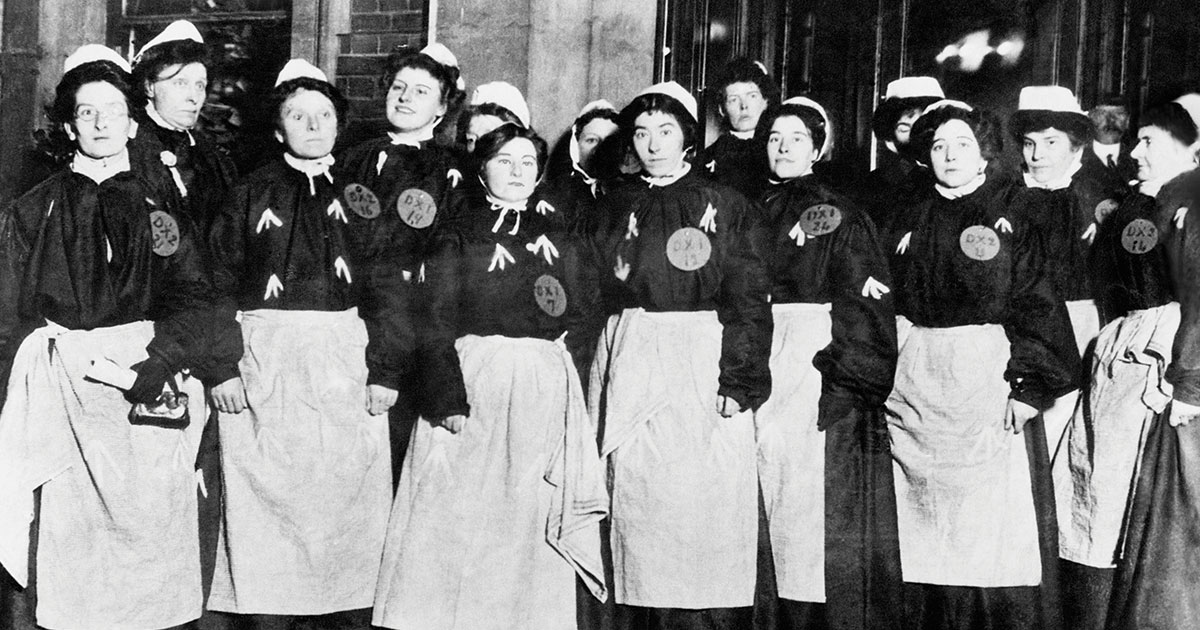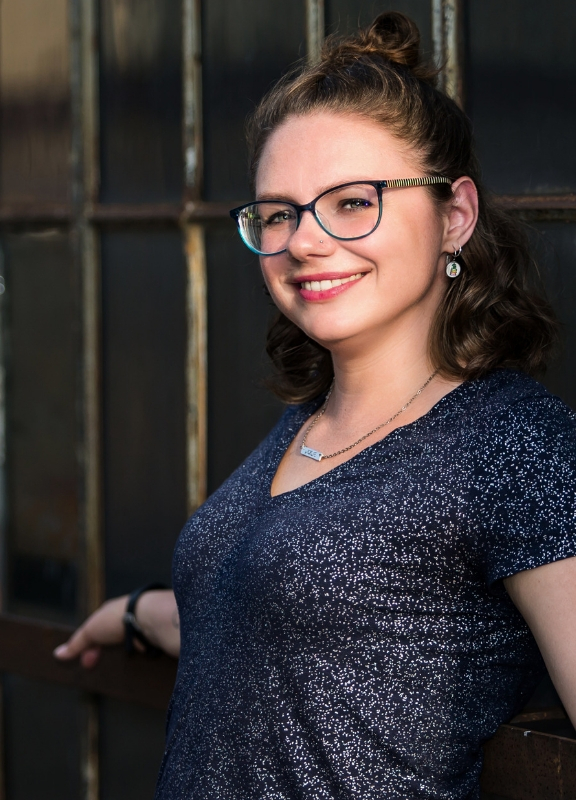Harriet Tubman (1822-1913)
Born into slavery on a plantation in Maryland, Harriet Tubman was abused as a child and as a result of this abuse, suffered emotional trauma throughout her life. When she was only 12, she threw herself in front of another slave to save him from a beating, which in turn caused life long headaches and narcolepsy. She did not let this slow her down, however, escaping to freedom in Philadelphia in 1849. She became a famous conductor in the Underground Railroad, personally helping at least 70 people escape slavery. A less well-known fact is that she served as a nurse during the Civil War, which positioned her to become a Union spy.
Dr. Virginia Apgar (1909-1974)
If you have had a baby, you’ve heard of the Apgar Score System. This test is a series of questions answered by medical personnel in the delivery room regarding the well being of the baby just born that must be answered within minutes of birth. The answers to these questions then determine whether the child needs immediate medical intervention or not. The Apgar Score System, created in 1952, has helped countless babies who may not have been attended to as quickly without it. Not only did Dr. Virginia Apgar create this test, she was the first female board-certified anesthesiologist and the first female full professor at the Columbia University College of Physicians and Surgeons. She later earned a master’s degree in public health, served as an executive for the March of Dimes and raised awareness on medical problems around infants.
Susan B Anthony (1820-1906)
Raised in Massachusetts within the Religious Society of Friends (also known as Quakers), Susan B. Anthony was brought up with the firm belief that all people are equal in the sight of God. This strong conviction led her to be an advocate for the abolition of slavery and, more famously, to become a leader in the women’s suffrage movement, working towards equality between men and women and to give women the right to vote. In 1872 she made the headlines by being arrested for voting. Her hard work and ability to organize put the women’s suffrage movement on the road to success, though she did not live long enough to be able to vote herself as the 19th Amendment was passed in 1920.
Maria Mitchell (1818-1889)
Another Quaker, Maria Mitchell was raised in Massachusetts and was encouraged to pursue her academic interests throughout her childhood. From a young age, she loved stargazing and learning about the stars and comets. Becoming a well-respected astronomer, she became the second woman in history to discover a comet in 1847. Mitchell contributed a lot of important research in her tenure as an astronomer and was inducted into the U.S. National Women’s Hall of Fame posthumously. Becoming a Unitarian Universalist in 1843, she also contributed to the women’s suffrage movement and was morally opposed to slavery.
Pearl S. Buck (1892-1973)
Though she was born in West Virginia, Buck was raised in China as her parents were Presbyterian missionaries. She moved to the United States for college but then returned to China to teach English Literature. She began to author articles for American publications on life in China, which led to her first novel The Good Earth, which chronicled the life of a lower class Chinese family and their struggles to improve their lives. In 1938 she was the first woman to be awarded the Nobel Prize for Literature. She moved back to the United States for the final time in 1935 where she adopted six children with her husband and continued her prolific writing career, as well as philanthropy work through adoption agencies she founded.






















